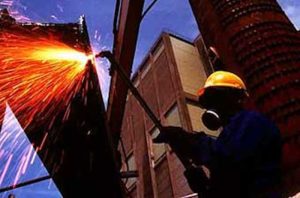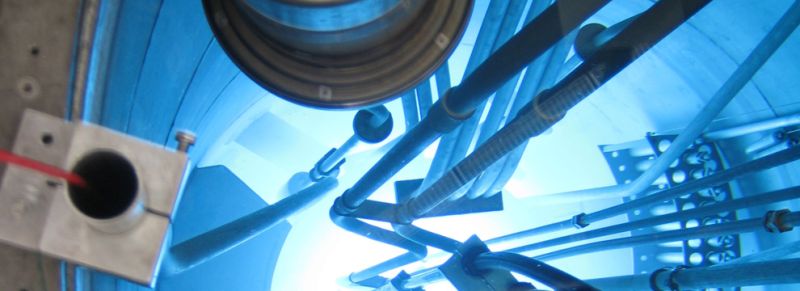Postgraduate training that is personalised, flexible and taught by experts – that is what’s on offer from the Nuclear Technology Education Consortium (NTEC), whose unique course aims to create the UK’s next generation of nuclear experts, with the skills to secure a sustainable and safe nuclear industry.
Seven educational organisations in the UK who work together as the Nuclear Technology Education Consortium (NTEC), to support the UK nuclear energy programme. Established in 2005 after consultation with the nuclear industry, NTEC provides a wide choice of Master’s level course units for students with a science or engineering background, or relevant work experience, that are looking to enter the nuclear industry. The units are delivered in a short-course format of one-week duration that are suitable for full-time or part-time study. As well as the full Master’s option, students can also study for a PG Diploma (eight units) or PG Certificate (four units) or take individual modules for continuing professional development.

The units cover a broad range of topics including nuclear policy and regulation, decommissioning, environmental remediation, radiological protection and reactor physics and are therefore suitable for students with a wide range of backgrounds and career aspirations. We engage with our Industry partners to establish which new skills/units are required and we are looking at introducing three new units to the portfolio for 2024-25; Control & Instrumentation and Functional Safety; Tritium and the Fusion Fuel Cycle; Primary Circuit Materials and Manufacturing.
Control and Instrumentation and Functional Safety covers the design, validation and verification, safety justification and assessment of C&I, focusing on its use in the nuclear industry. The unit spans topics from hazard identification and analysis, through the implementation of C&I systems, to the impact of developing technologies such as AI and quantum computing. Delivered by academic staff, industrial partners and former Office for Nuclear Regulation inspectors, the unit offers the chance to develop detailed knowledge of how C&I is applied in practice in the context of a functional safety process.
Tritium and the Fusion Fuel Cycle gives students an introduction to the growing nuclear fusion industry and the key tritium science and technology that underpins commercial fusion power. Tritium science is an inherently multi-disciplinary field, and this unit brings together nuclear physics, radiological protection, physical and chemical processing, and environmental impact considerations. It provides a well-rounded overview and enables learners to join the fusion industry with a solid understanding of the uses of tritium and its associated challenges. The unit includes experimental work and a guest lecture from the UK Atomic Energy Authority’s world-leading H3AT centre for tritium research
Primary Circuit Materials and Manufacturing provides a comprehensive overview of the welding and cladding processes used in the fabrication of primary circuit components for pressurised water reactors. The unit starts from the physics of heat source-material interactions for the different processes used, moving through the metallurgy of welding and specific considerations for primary circuit materials. Links between manufacturing choices and through-life structural performance are considered, as well as strategies for inspection and quality assurance. Case studies are used to demonstrate how the principles are applied in practice, as well as the issues that can occur
With the consortium approach, students have access to a very wide range of academic and industry experts that provide challenging vocational modules but also support the students through their studies, in preparation for a career in the nuclear industry. Students are helped with the transition from university to industry by completing an industry-based project as the final part of their degree.
It’s an exciting time to join the nuclear industry.




